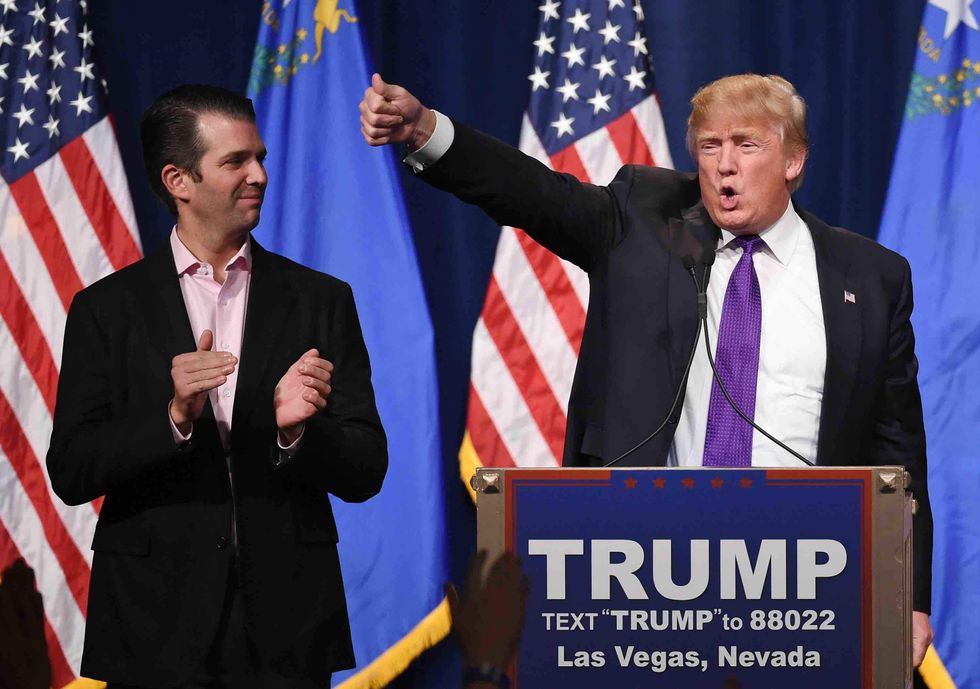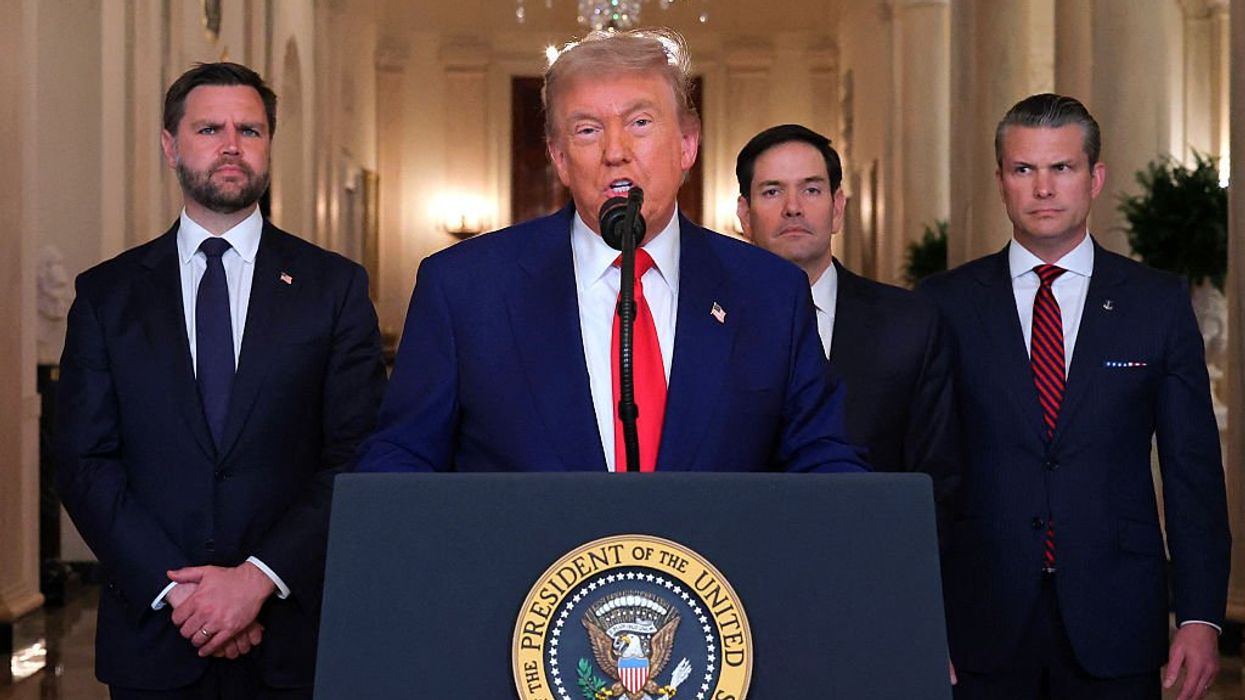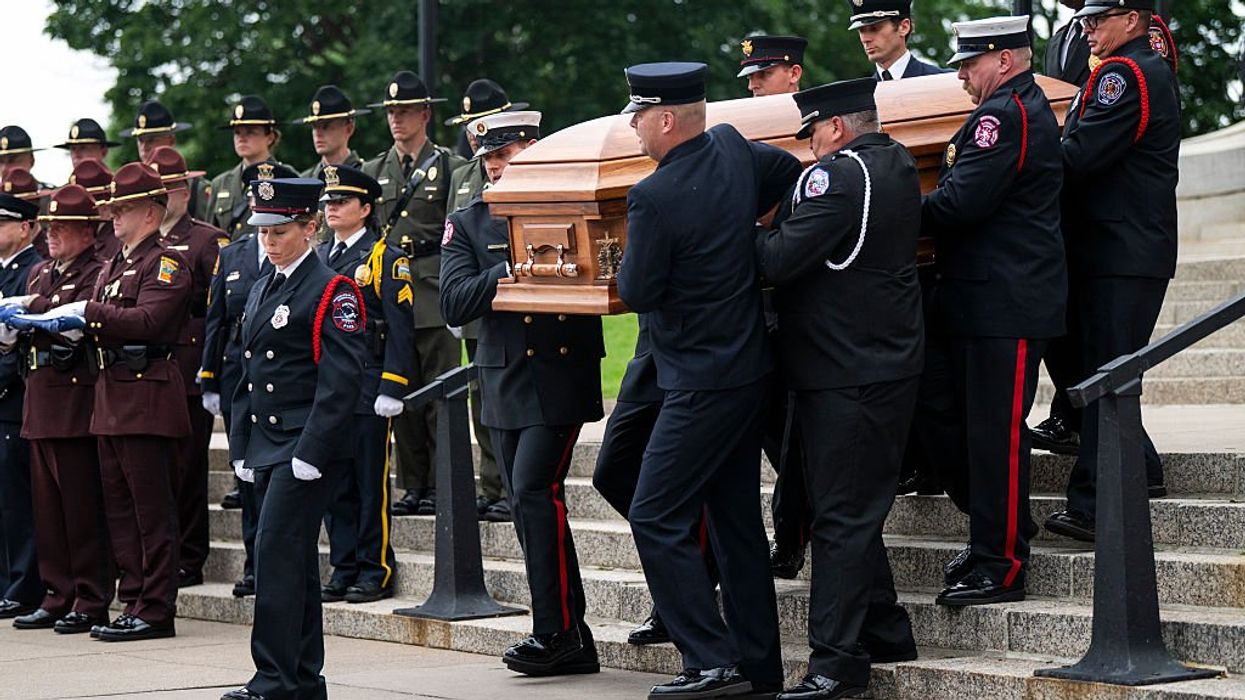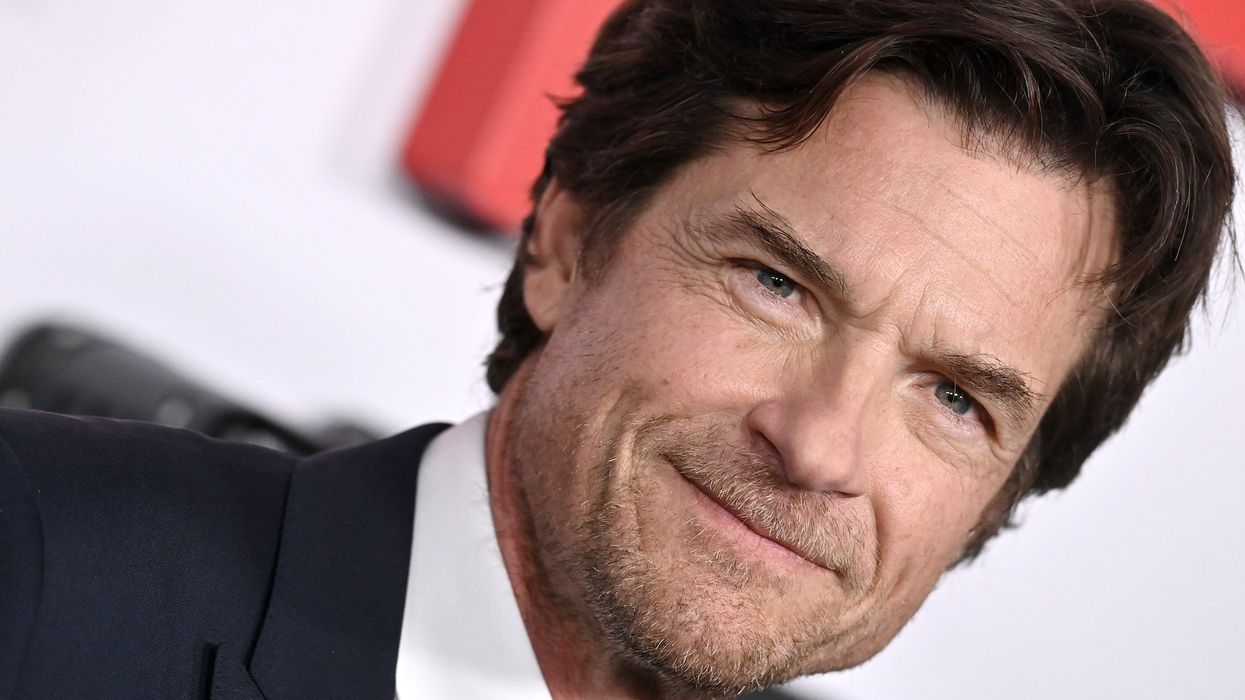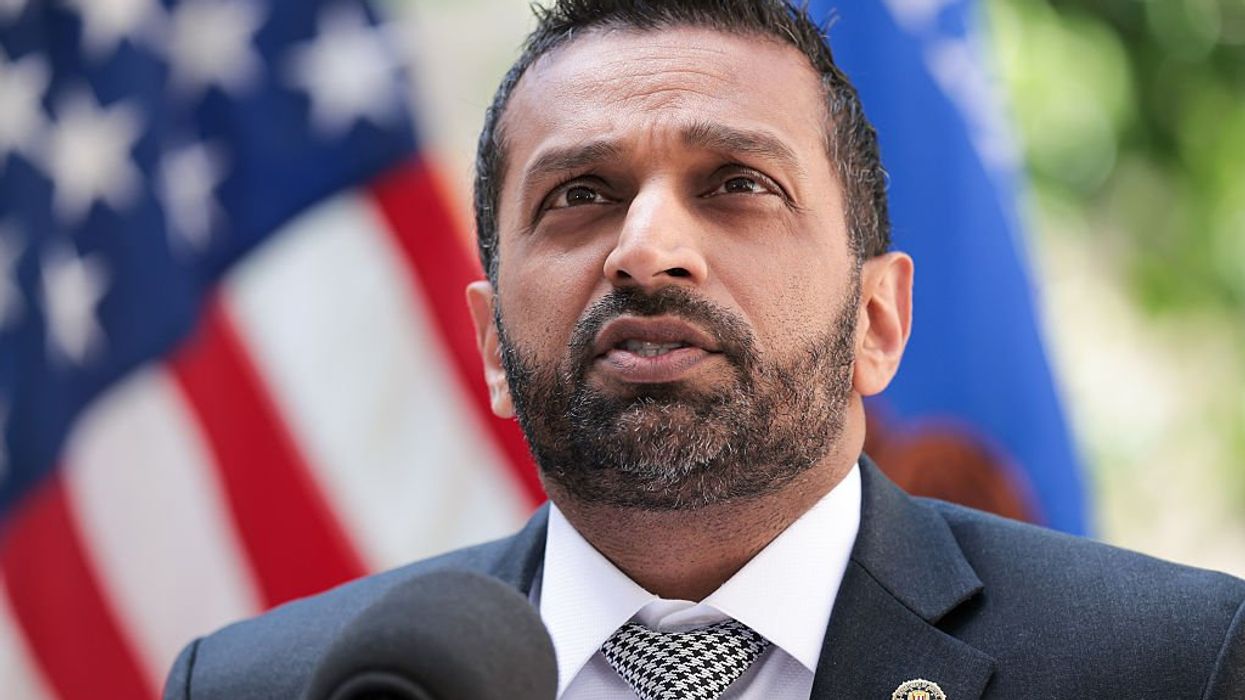A constitutional lawyer with a background in campaign finance says that he would have advised Donald Trump, Jr. not to meet with the Russian lawyer who claimed to have information that would "incriminate" former Democratic presidential nominee Hillary Clinton. But he also said that the meeting and possible exchange of information does not rise to the level of criminality, as many politicians and pundits have suggested.
Ilya Shapiro, senior fellow in constitutional studies at the Cato Institute, a libertarian think tank in Washington, D.C., told TheBlaze in an interview Wednesday that from what he has seen so far, nothing that Trump Jr. or the Trump campaign did was illegal.
"Based on what's in the public so far, I don't see something that's criminal," Shapiro said. But that "isn't to say that it doesn't look bad or is generally not a good practice for these campaigns to engage in these kinds of meetings."
"So far, from what I've seen. ... it looks like he took a meeting but that he didn't really get anything out of the meeting. That, without knowing more, doesn't seem to rise to the level of either a campaign finance violation, let alone something criminal," Shapiro said.
Shapiro was referring to the media firestorm that was unleashed this week when Trump Jr. released emails between him and publicist Rob Goldstone. The email chain appeared to show Goldstone informing Trump Jr. that a Kremlin-linked Russian lawyer had "very high level" and "sensitive" information that would "incriminate" Clinton and be "very useful" to then-Republican presidential candidate Donald Trump.
Trump Jr. replied to the email with "if it’s what you say I love it especially later in the summer.”
This email exchange, in and of itself, Shapiro said, does not indicate any criminal wrongdoing on the part of Trump Jr. or the Trump campaign. Shapiro explained that's partly because there did not appear to be any solicitation for help from the Russians by Trump Jr.
Further, he said, the campaign finance statute that some have said Trump Jr. may have violated uses very specific language.
According to the Federal Election Commission:
Foreign nationals are prohibited from making contributions, donations or expenditures, either directly or through any other person, in connection with any election — federal, state or local. In addition, foreign nationals may not donate to any party committee building fund, or fund electioneering communications or independent expenditures.
Federal statute § 100.52 defines a "contribution" as "a gift, subscription, loan, advance or deposit of money or anything of value made by any person for the purpose of influencing any election for Federal office is a contribution. Shapiro made the point Wednesday that because the statute specifically defines a "contribution" as "anything of value," Trump Jr.'s meeting with the Russian lawyer did not violate the law.
Shapiro explained that legal precedent in previous campaign finance court cases have equated "anything of value" with something "quantifiable."
"Isn't opposition research valuable? Certainly," the constitutional law expert said. "But in terms of how the courts have treated the terms that are in the statute, a 'thing of value' has to be quantifiable, not just, will this benefit the campaign in some way."
That's not to say that if Trump Jr. went into the meeting expecting damaging information about Clinton and was willing to compromise something in return, it wouldn't be an issue.
"That would be different. That would be under the bribery statute. That would be under the public corruption statute. That's not necessarily campaign finance — a slightly different area of law, certainly. If you are bribing a campaign or doing a quid pro quo of some kind, that's a problem. But if it's simply the Russians offering information, and Trump Jr. says, 'that's interesting, let me see what this all about.' So far, we don't even know that they had any information, but let's say they did and he just took the information without any nudge nudge wink wink, 'now that we've provided you with this, we look forward to having a change in your sanctions policy,' or whatever the thing is," Shapiro explained.
Up to this point, however, there is no evidence to suggest that the Russian lawyer expected anything specific out of Trump.
"But it's certainly something that the special counsel will likely take a look at. There could be more to the story. But at this point, based on the legal precedents that are out there, opposition research or other type of information is not a thing of value," Shapiro said.
In 2014, for example, the U.S. Supreme Court decided in McCutcheon et. al. v. Federal Election Commission, political campaign contributions "serve as a quantifiable metric of the intensity of a particular contributor's support, as demonstrated by the frequent practice of giving different amounts to different candidates."
Shapiro made clear that although because Trump Jr.'s meeting was legal, it was far from appropriate.
The meeting, he said, just "looks bad." And, as is often said in politics, perception is everything.
"If I were a lawyer on the campaign, I would say don't take the meeting," Shapiro said. "It's not worth it. It looks bad even if there's nothing that rises to the level of criminality. You don't want to deal with an investigation, all these sorts of things."
Shapiro's characterization of Trump Jr.'s meeting with the Russian lawyer is in direct contrast with President Donald Trump's view of it.
At a joint press conference with French President Emmanuel Macron in Paris on Thursday, Trump said that "from a practical standpoint, most people would have taken that meeting" while praising his 39-year-old son as a "wonderful young man."
"It's called opposition research or even research into your opponent," Trump said. "That's very standard in politics. Politics is not the nicest business in the world, but it's very standard, where they have information and you take the information."
Many former campaign staffers from both the right and the left, however, have said they never received opposition research from someone from another country. Those same former campaign staffers have said that if a foreign national had approached them, they would have alerted the FBI or other authorities.
Republican strategist and CNN commentator Ana Navarro said Wednesday that she "absolutely [has] not" been approached with opposition research by a foreign government while working on any political campaign. Navarro further said she doesn't know of anyone who would.
"I know the McCain kids very well. I know the Romney kids. There is no doubt in my mind that if any of those kids would have been approached the way that Donald Trump Jr. was they would have absolutely rebuffed it, they would have told their father," Navarro said.
"This would never have happened," Navarro added.
Trump Jr., however, told Fox News host Sean Hannity on Tuesday that he never thought of alerting anyone.
"I don’t think my sirens went [off] or my antenna went up at this time because it wasn’t the issue that it’s been made out to be over the last nine months, 10 months," Trump Jr. said. The president's eldest son added Tuesday that “I wouldn’t have even remembered it until you started scouring through this stuff. It was literally just a wasted 20 minutes, which was a shame."
